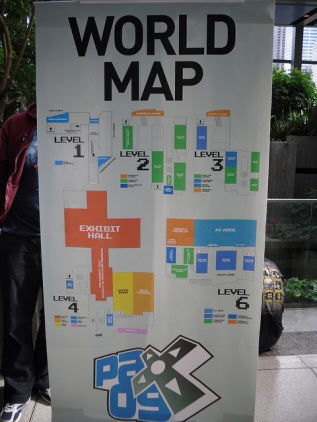The video game industry is evolving at a rapid pace, yet the trend to use nostalgia as a marketing tool seems to persist. Game publishers and developers are acutely aware of the 30+ year-old gamer population. They frequently target that group with their marketing efforts.
I’d like you to recall the first time you held a game controller in your hands. Immerse yourself in the memory and the way it made you feel. Maybe you’re imagining the 8-bit days of Mario. Perhaps the memory takes you to an arcade after school or a summer night spent at a friend’s house. Chances are that these are happy and cherished memories.
Now imagine you’re a new game publisher and you’ve captured that ‘old-timey feeling’ in a bottle. Suddenly you find yourself harnessing the siren song of nostalgia, and gamers flock in droves toward your product. Nostalgia is particularly effective because many millennials are caught between generations. I myself was raised in the days of the NES and SNES, but am living in the modern world with graphical powerhouses like Xbox One and Playstation 4. Nostalgia works because it evokes a longing for days gone by and the comforting feelings associated with those memories.
Ads that conjure up these feelings are the product of clever marketing. The golden rule of marketing is simple: do no harm, because bad impressions can sink your game before it ever ships. This golden rule begs the question: could nostalgia cause more harm than good?
Hearing remixes of Nobuo Uematsu’s sweeping orchestral tracks immediately takes me back to the mid-90’s, playing Final Fantasy III (VI) in my living room. Yet the franchise has played it safe in the past ten years, seemingly choosing to rest on its laurels instead of building upon what made their games great in the first place. There is a fine line between paying homage and allowing creative stagnation. It becomes clear that the way game brands market to their customers needs to change to keep up with recent marketing trends.
Feelings of nostalgia aren’t limited to legacy brands and mainstay franchises. Sometimes the requirements of nostalgia can be met through thematic elements, gameplay, or art. Evoking a particular experience can provide feelings similar to those that the player originally felt all those years ago. Unfortunately, this experience does not provide us with a fresh experience that is nostalgia-worthy on its own merit.
Analytics and data can help you market to your audience, but don’t ignore the power of identifying new opportunities for growth. Marketing only toward nostalgia can cause an over-reliance on the past that doesn’t represent your current audience. By understanding what your customers want, you can cater to these interests and provide them with relevant gaming content. Take every opportunity possible to engage the next generation in the building of your brand.
When used sparingly, nostalgia can bring old gamers into the fold and introduce newer fans to what came before. Innovation is what made pillars of the industry great in the first place. If we lose sight of what made us fall in love with these games, it becomes difficult to recreate that magic without falling into mimicry. Pay homage without pandering. Innovate without alienating. If you can accomplish this, your audience will thank you for it.


